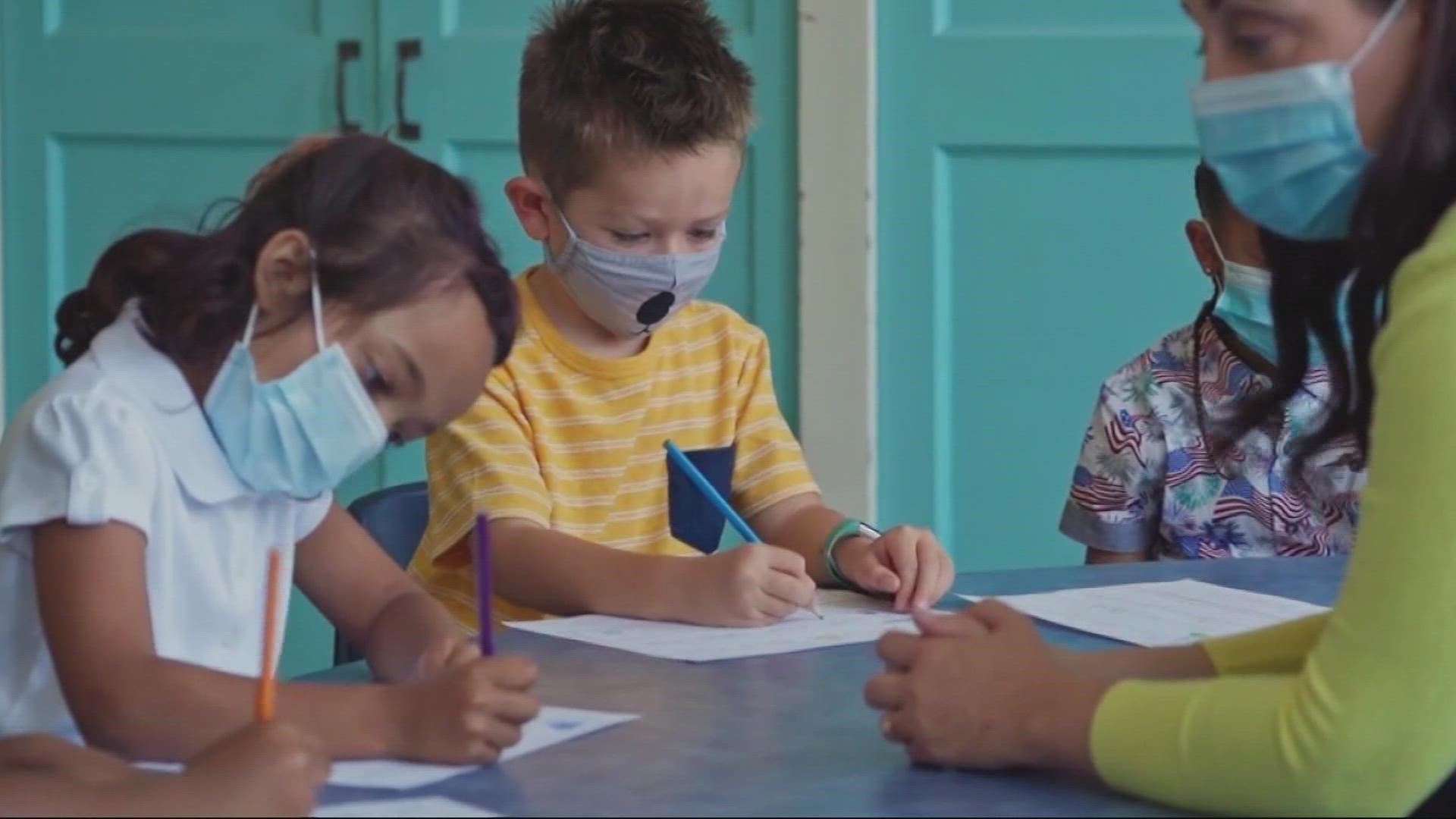PORTLAND, Ore. — Teachers and parents across Oregon say school staffing shortages are reaching unmanageable levels and negatively impacting staff and students.
One state lawmaker is spearheading an effort to find solutions.
Oregon state Sen. Michael Dembrow represents Senate District 23, which covers much of Northeast and Southeast Portland. Before entering the legislature in 2009, he had also taught at Portland Community College for about 30 years. Currently, Dembrow is the chair of the Senate’s Committee on Education.
He’s heard from educators throughout the state. Educators who have spoken to KGW have reiterated that school staffing shortages and stress related to issues in the classroom and pandemic are leading to burnout. Teachers say many of their colleagues are thinking about leaving and in some cases, teachers are leaving.
“While everyone's happy to be back in in-person learning, it has been a huge challenge and continues to be,” said Dembrow.
That’s why Dembrow decided to bring a group of about 50 people together to try to find solutions.
“This group includes lawmakers. It includes teachers. It includes classified workers. It includes administrators. It includes just a number of people who have an interest in education in various ways,” Dembrow said.
He said the large group is broken down into eight or nine subgroups.
“There's one on special ed. There's one on substitute teachers. There's one on how do you deal with this challenge of teacher burnout,” said Dembrow.
The group met for the first time last Friday. Their immediate directive is to come up with short-term recommendations that will be collected on Jan. 7.
Dembrow said the hope is for legislation to be passed by the end of February. The recommendation may be geared at the State Board of Education or the Department of Education. However, it’s possible with an emergency clause, some changes could be implemented right away, especially if tasks include some directed at individual districts.
He said a committee on the House side is also working on legislation pertaining to similar issues. The two committees are working closely together to find solutions.
Dembrow, like many others, said there were already staffing issues and other challenges before COVID and the pandemic just exacerbated them.
For instance, even before the pandemic it was difficult to hire special education teachers and paraeducators. Paraeducators help teachers in the classroom. Now, because of the pandemic, the special education situation has become what some are calling a crisis. Educators who have spoken to KGW have said some special education teachers are not able to meet state-mandated education for students because of staffing issues.
“The real challenge we're facing with special ed teachers and special ed educational assistants, that is, I would say, the biggest challenge that we're facing now with the educator workforce,” Dembrow said.
He said after the short-term solutions are implemented, the group will focus on medium and long-term solutions that include issues like compensation, recruitment and retention.
Anyone who wants to keep track of the activity happening in the work group can do so through the Senate Education Committee website. Under “Links of Interest,” click on “Expand to View" then click "Educator Workforce Work Group.”

